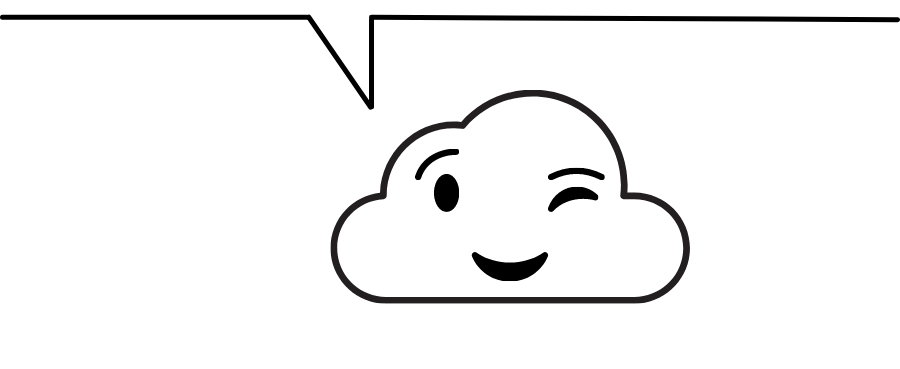Recognition of qualification
In Austria, there are no uniform rules for the formal recognition of foreign qualifications. Instead, you will have to deal with a number of federal and state laws. As various authorities and institutions are responsible, procedures, costs and durations, etc. can vary. A distinction is drawn between the recognition of qualifications for further or higher education, and the recognition for the purposes of practicing a profession. Whether recognition is required or not depends on whether a profession is non-regulated or regulated. Recognition also depends on whether an EEA citizen has gained a degree in an EEA country (the same regulations apply to Swiss citizens). In this case, European law applies. Under certain conditions, the same regulations apply to third-country nationals who have already gained a degree in another EEA country, or if the degree has been recognised there.
Berufsanerkennung in Österreich : Overview
Oh! That's helpful
For assessment and validation of foreign certificates go to:
https://www.bmbwf.gv.at/en/Topics/school/legislation/validations.html

Regulated professions
Regulated means that evidence of certain qualifications is a prerequisite to access the job market (including teachers, health professionals, lawyers and civil engineers). Generally speaking, only the practice of regulated professions requires formal recognition. A list of regulated professions can be found in the regulated professions database: ec.europa.eu/growth/single-market/services/ free-movement-professionals/regulatedprofessions-database_en
Non-regulated professions
The job classification of non-regulated professions in private companies is usually the responsibility of the employer or defined by the employment contract. There are no specific legal provisions regulating the value of the qualifications of a person. Instead, they are defined by the job market situation.
Contact points for recognition
Contact points for people with qualifications gained abroad (known as AST) offer information about various recognition and evaluation procedures and provide support. The service is free of charge and offers mainly:
- Multilingual advice about recognitions
- Clarification if a formal recognition is necessary or possible
- Organisation of certified translations of diplomas, certificates and other documents
- Forwarding of diplomas/certificates to an evaluation office
- If necessary, assistance during the entire recognition process
Oh! That’s funny!
In the recent past, Austrians were very proud of their academic titles, “Magister” and “Doktor”. It was common to address a man who had earned the academic title “Doktor” as “Herr Doktor” and his wife with “Frau Doktor”, even though she had no academic title at all. With the bachelor’s and master’s degrees, this has already changed a great deal, especially in internationally operating groups. Nevertheless, it is still recommended to say “Herr Doktor Mair” and “Frau Magistra Huber”.

migrare, the centre for immigrants in Upper Austria
The centre offers support with the recognition and use of skills and expertise acquired abroad. The centre provides information, counseling and also monitors recognition and evaluation procedures if needed. Advice for migrants on legal, social and labor market-related issues completes the range of services. There are contact points all over Upper Austria. The local office is located in:
Humboldtstraße 49
(6th floor)
4020 Linz
Tel.: 0732/667363
Fax: 0732/667363 – 66
E-mail: office@migrare.at
Consultations only with a prior appointment by telephone.
www.migrare.at
Oh! That’s good to know!
The accreditation of the final apprenticeship examination and the evaluation of foreign school certificates and academic diplomas can contribute to the recognition process of qualifications from abroad.
